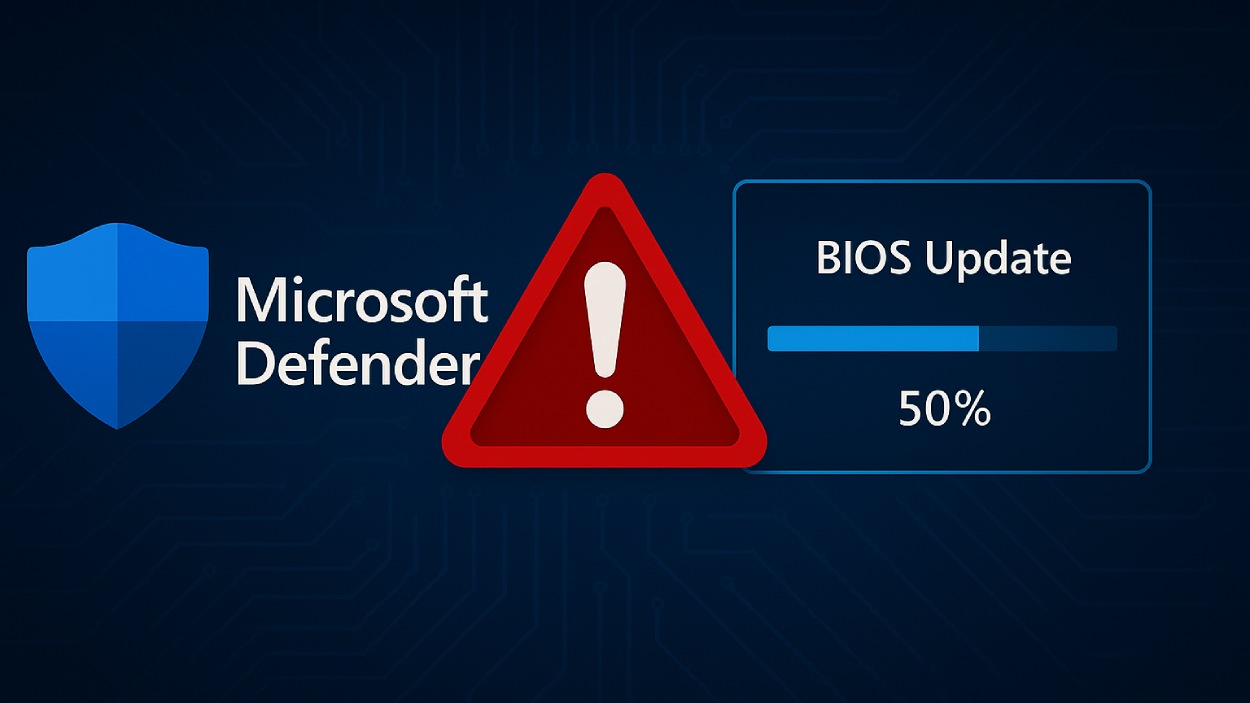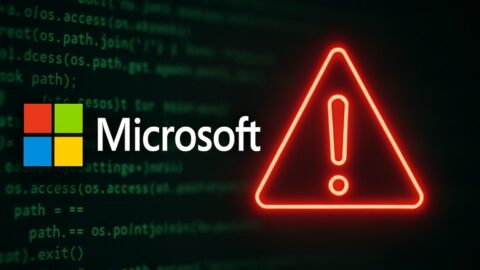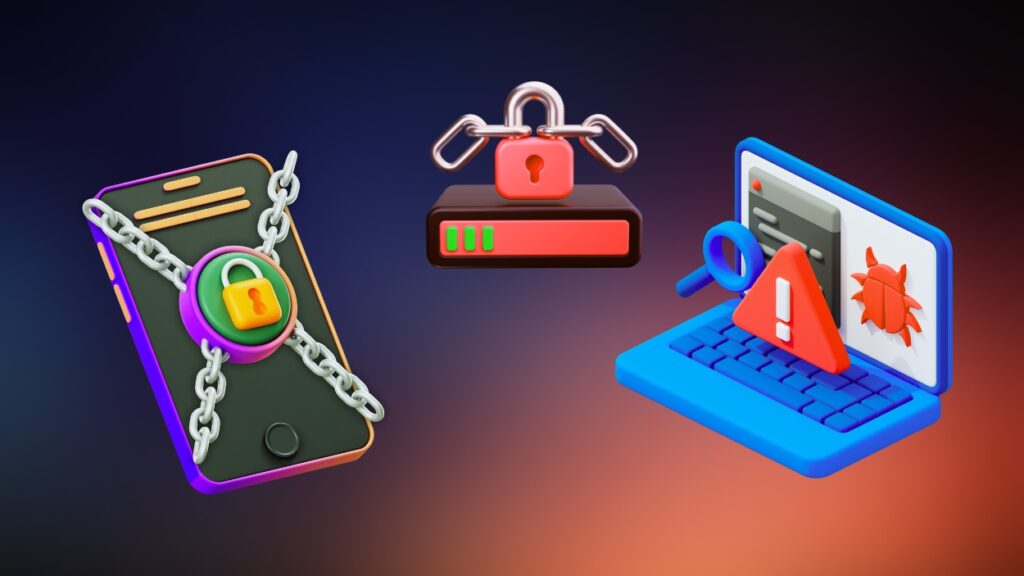Microsoft is addressing a critical glitch in Defender for Endpoint that has led to a barrage of false BIOS update alerts, especially targeting Dell devices in enterprise environments.
Quick Summary – TLDR:
- Microsoft Defender for Endpoint is falsely flagging Dell BIOS firmware as outdated, despite devices running the latest versions.
- The bug has flooded IT teams with unnecessary alerts, causing confusion and wasted resources.
- Microsoft has acknowledged the issue, assigned a reference (DZ1163521), and developed a fix.
- A patch rollout is expected to begin on Friday, October 3, 2025, at 9:00 AM UTC.
What Happened?
A flawed detection mechanism in Microsoft Defender for Endpoint has mistakenly identified up-to-date BIOS firmware as vulnerable, primarily affecting Dell systems. This has resulted in widespread alerts urging users to apply non-existent updates. Microsoft has confirmed the issue and is preparing to deploy a fix.
⚠️ Microsoft Defender for Endpoint Bug Triggers Numerous False BIOS Alerts
— Cyber Security News (@The_Cyber_News) October 3, 2025
Read more: https://t.co/iUzm9HT6s4
Microsoft Defender for Endpoint is currently experiencing a bug that generates false positive alerts concerning out-of-date Basic Input/Output System (BIOS) versions,… pic.twitter.com/lYYANB9pfw
False Positives Swamp Microsoft 365 Environments
The bug, first spotted on October 2, 2025, triggered false vulnerability alerts across organizations worldwide. Devices with fully updated Dell BIOS were repeatedly flagged as outdated, generating redundant security warnings throughout Microsoft 365-managed environments.
Microsoft traced the problem to a code defect in Defender’s vulnerability detection logic, which failed to correctly interpret Dell BIOS metadata. The faulty algorithm looped through BIOS version checks without properly validating them, leading to repetitive and inaccurate alerts.
These alerts created widespread confusion for IT teams, who initially feared real vulnerabilities and wasted time verifying firmware integrity. In reality, the flagged systems were fully compliant with Dell’s latest firmware releases.
Microsoft’s Response and Fix Timeline
Microsoft acknowledged the issue via its service health portal, assigning incident reference DZ1163521. The company stated:
The company has already developed a fix and is preparing it for deployment. As of now, Microsoft anticipates beginning the patch rollout by Friday, October 3, 2025, at 9:00 AM UTC.
The incident is still marked as “OPEN”, with active monitoring and ongoing remediation. However, Microsoft has yet to confirm how many customers or which regions are impacted.
Best Practices for IT Admins in the Meantime
Until the fix is deployed, IT administrators are strongly advised to avoid relying solely on Defender alerts for BIOS-related decisions. Instead, Microsoft recommends using:
- Dell’s official support channels.
- Direct firmware version checks through system BIOS interfaces.
This precaution can help prevent unnecessary BIOS update attempts and avoid wasting resources on non-issues.
Recent Defender Issues Raise Eyebrows
This BIOS alert bug is the latest in a string of Defender-related mishaps. Microsoft recently resolved:
- A black screen crash on macOS devices due to a security framework deadlock.
- A false positive in Defender’s anti-spam engine that blocked Microsoft Teams and Exchange Online users from opening legitimate URLs.
These recurring glitches underscore the challenges of maintaining trust in automated cybersecurity platforms when detection accuracy falters.
SQ Magazine Takeaway
Honestly, I get why IT teams are frustrated. Defender for Endpoint is supposed to make life easier by automating threat detection, not create extra work chasing ghosts. False positives like these don’t just waste time they erode confidence in the entire system. I’m glad Microsoft acted quickly, but these bugs show that even industry leaders can slip up. Let’s hope this fix rolls out clean and fast.





























